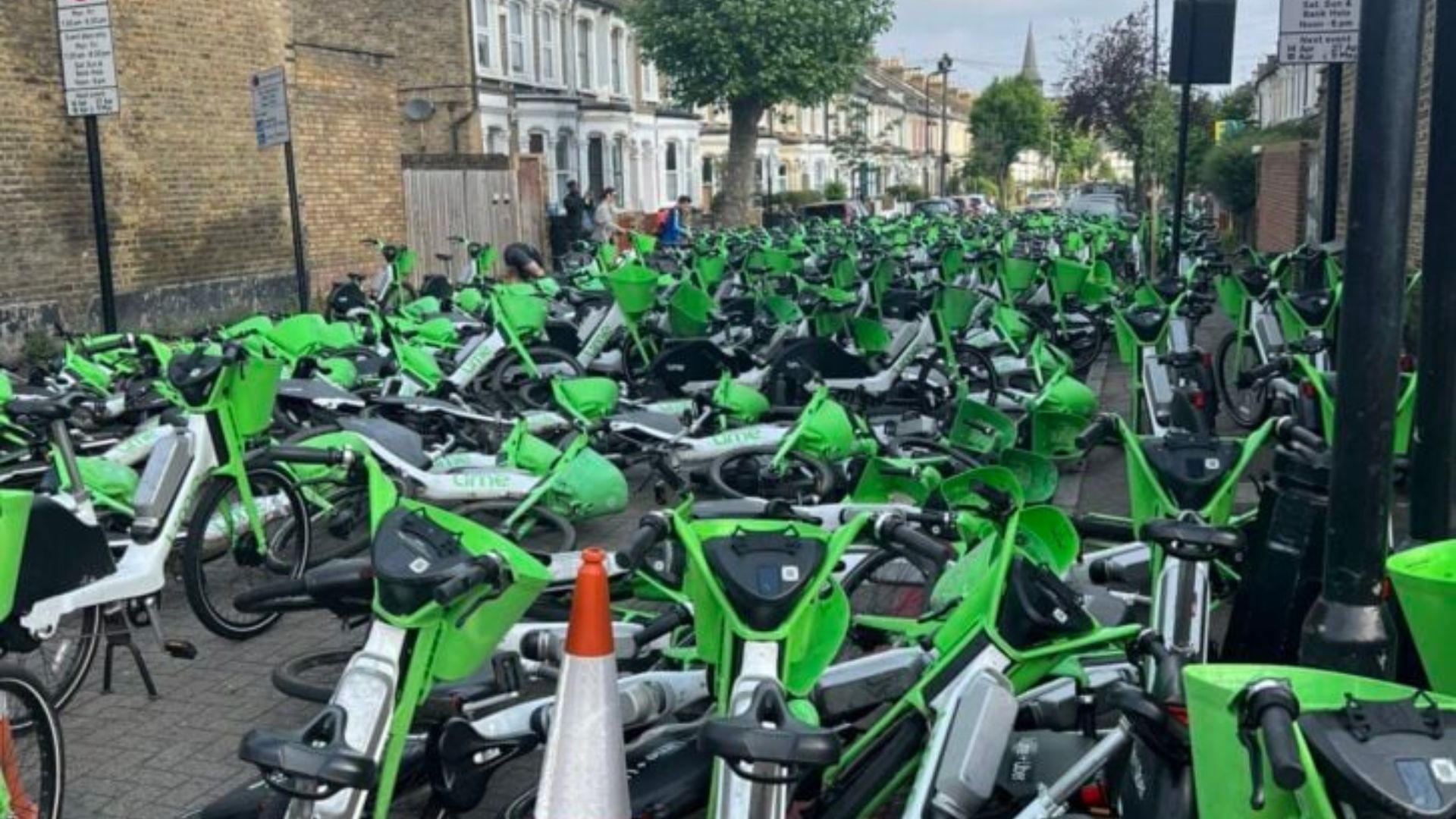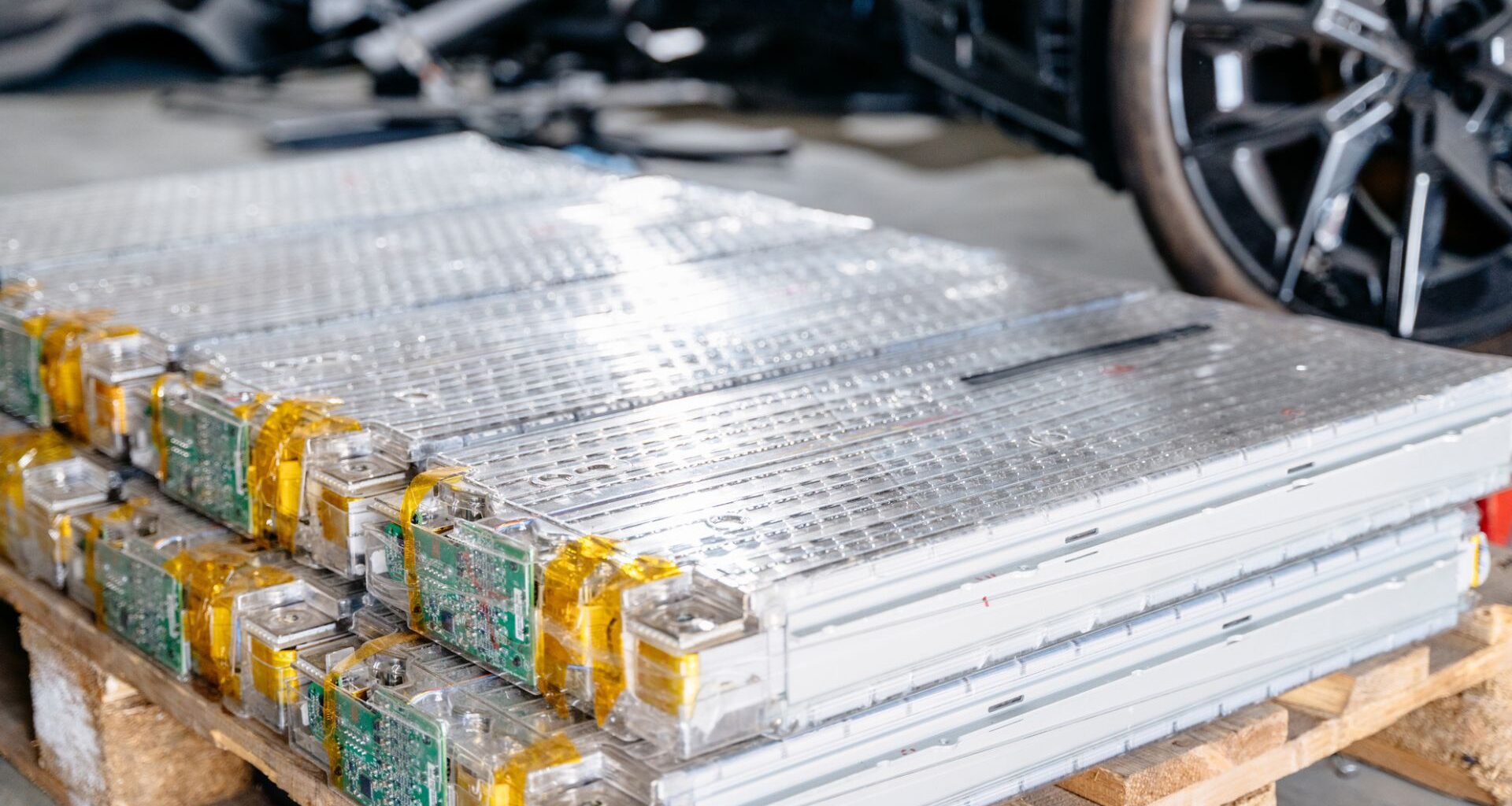Shared mobility company Lime has turned to Redwood Materials, a company founded by Tesla co-founder and Elon Musk’s confidant JB Straubel, to recycle its batteries after China announced restrictions on exporting certain rare earth materials during the ongoing trade face-off with the US. The agreement is expected to help meet the demand for materials for making electric vehicles in the US in the future.
With the world moving toward electrified transportation, batteries are in peak demand. However, most of the components to make these batteries are sourced from China. Under the new President, the US has taken an aggressive stance with tariffs and aims to reduce its high trade deficit with China.
As the tariff war between the two countries has escalated in recent days, China countered the US’s move of 125 percent tariffs on its exports with a restriction on the export of certain rare earth metals. This has raised concerns as the US looks to onshore more manufacturing units to serve its domestic industry, and battery materials are a critical input for various manufacturing sectors.
How can battery recycling help?
Batteries are the most expensive components of electric vehicles (EVs), accounting for even more than 40 percent of the costs. With China looking to strangle the US with rare earth mineral supplies, it must diversify its sourcing. While some of this can come from other countries or local production, some key elements are not found elsewhere.
Luckily, with previous battery imports, these minerals are in large quantities on the US mainland, and recycling them could help alleviate shortages. Previous experiences with recycling, such as that of household plastic, have not borne fruit the way one would desire. However, with the costs of rare earth metals way higher than household plastic, the costs of collection and recycling can be recovered with recycling, making it a financially sustainable alternative.
According to Redwood, stripping batteries for relevant elements can help recycle them to make new high-quality batteries that can be used for a wide range of purposes, from cars to phones. Their higher quality ensures they can be recycled further and returned to the supply chain up to 98 percent of the time.
 Mobility-sharing services have a common problem of excess and old inventory with batteries that have run their lifespan. Image credit: UKTN
Mobility-sharing services have a common problem of excess and old inventory with batteries that have run their lifespan. Image credit: UKTN
What can Redwood do?
Nevada-based Redwood recycled 20 gigawatt-hours of battery material from old cars, scooters, and other products in 2024. The company told The Verge that this was sufficient to produce 250,000 EVs.
Like other mobility-sharing companies, Lime also suffers from its inventory being scattered around public places. Batteries in their cycles and scooters typically last 500 cycles, following which the vehicles lie around in public places. Collecting them and placing them back at centers is a costly affair.
With the recent agreement, Lime is relying on Redwood’s ability to recover and put such vehicles to use. Moreover, it helps the company maintain its stance that shared mobility is an environmentally friendly and sustainable mode of transport.
Whether the fallout from the ongoing tariff war is helping Musk and his friends, the answer is obvious to see.
This report contains information that first appeared in Gizmodo.
